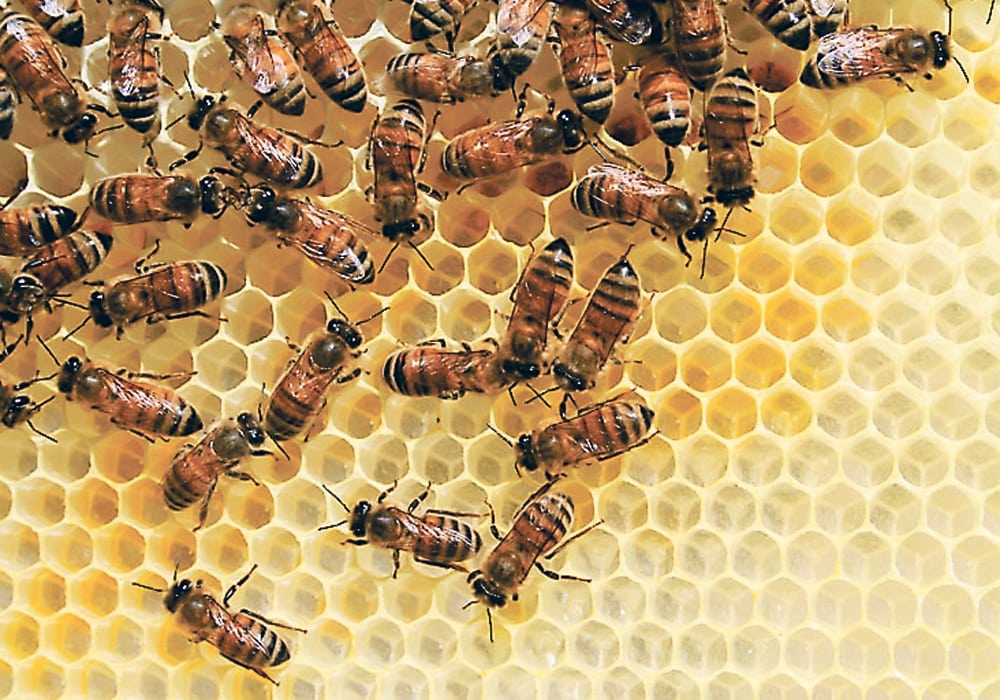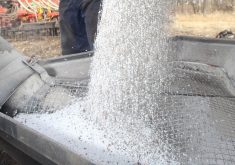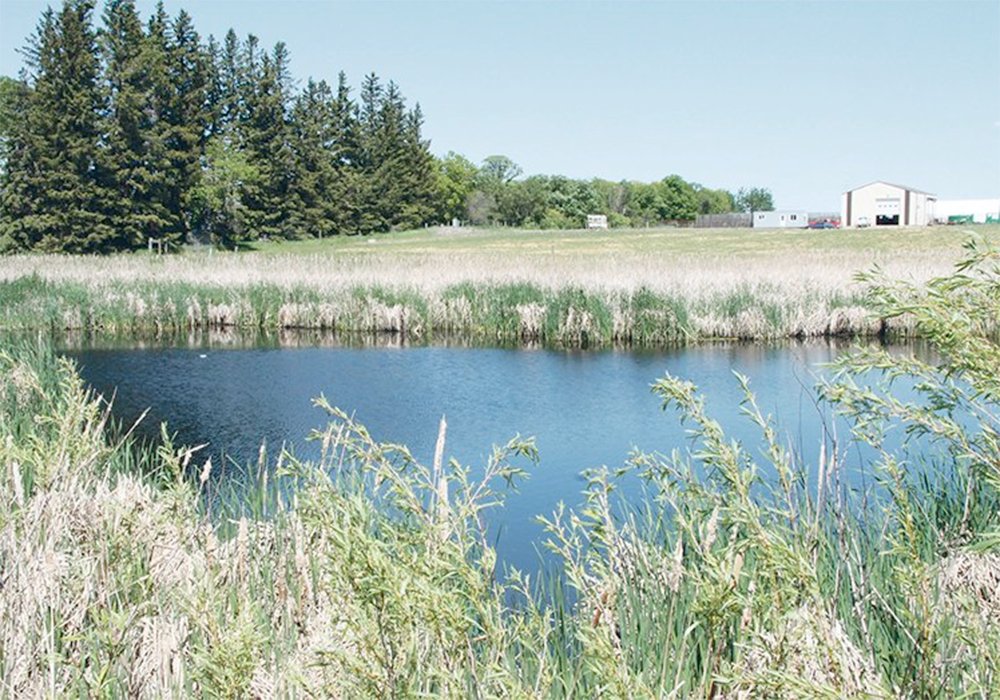A food safety group in Europe says most uses of neonicotinoid pesticides represent a risk to wild bees and honeybees.
The European Food Safety Authority has updated its risk assessment of three neonicotinoids: clothianidin, imidacloprid and thiamethoxam. The three pesticides are currently subject to restrictions in the EU because of the threats they pose to bees.
The authority posted new recommendations following a review of more than 1,500 studies on neonicotinoids.
The new conclusions update those published in 2013, after which the European Commission imposed controls on use of the substances.
Read Also

Farming Smarter receives financial boost from Alberta government for potato research
Farming Smarter near Lethbridge got a boost to its research equipment, thanks to the Alberta government’s increase in funding for research associations.
For the new assessments, which cover wild bees, bumblebees and solitary bees, as well as honeybees, EFSA’s Pesticides Unit carried out an extensive data collection exercise, including a systematic literature review, to gather the scientific evidence published since the previous evaluations.
The team also applied the guidance document developed by EFSA specifically for the risk assessment of pesticides and bees.
Jose Tarazona, head of EFSA’s Pesticides Unit, said: “The availability of such a substantial amount of data, as well as the guidance has enabled us to produce very detailed conclusions.
“There is variability in the conclusions, due to factors such as the bee species, the intended use of the pesticide and the route of exposure. Some low risks have been identified, but overall the risk to the three types of bees we have assessed is confirmed.”
EFSA finalized its conclusions following two separate consultations with pesticide experts in the EU member states. The experts have supported the conclusions.
As with the previous assessments, exposure of bees to the substances was assessed via three routes: residues in bee pollen and nectar; dust drift during the sowing/application of the treated seeds; and water consumption.
EFSA’s conclusions will be shared with risk managers from the European Commission and member states, who will consider potential amendments to the current restrictions on the use of these pesticides.
However, some farming organizations argue that a total ban on neonicotinoids is unjustified and would leave growers facing lower yields and increased costs.
Graeme Taylor of the European Crop Protection Association said: “We do not dispute the possibility of risk to bees, but do not share EFSA’s view on the nature of that risk.
“There are a number of factors impacting bee population of which neonicotinoids are only one. With the right measures, any risk posed to bees can be successfully managed.”

















